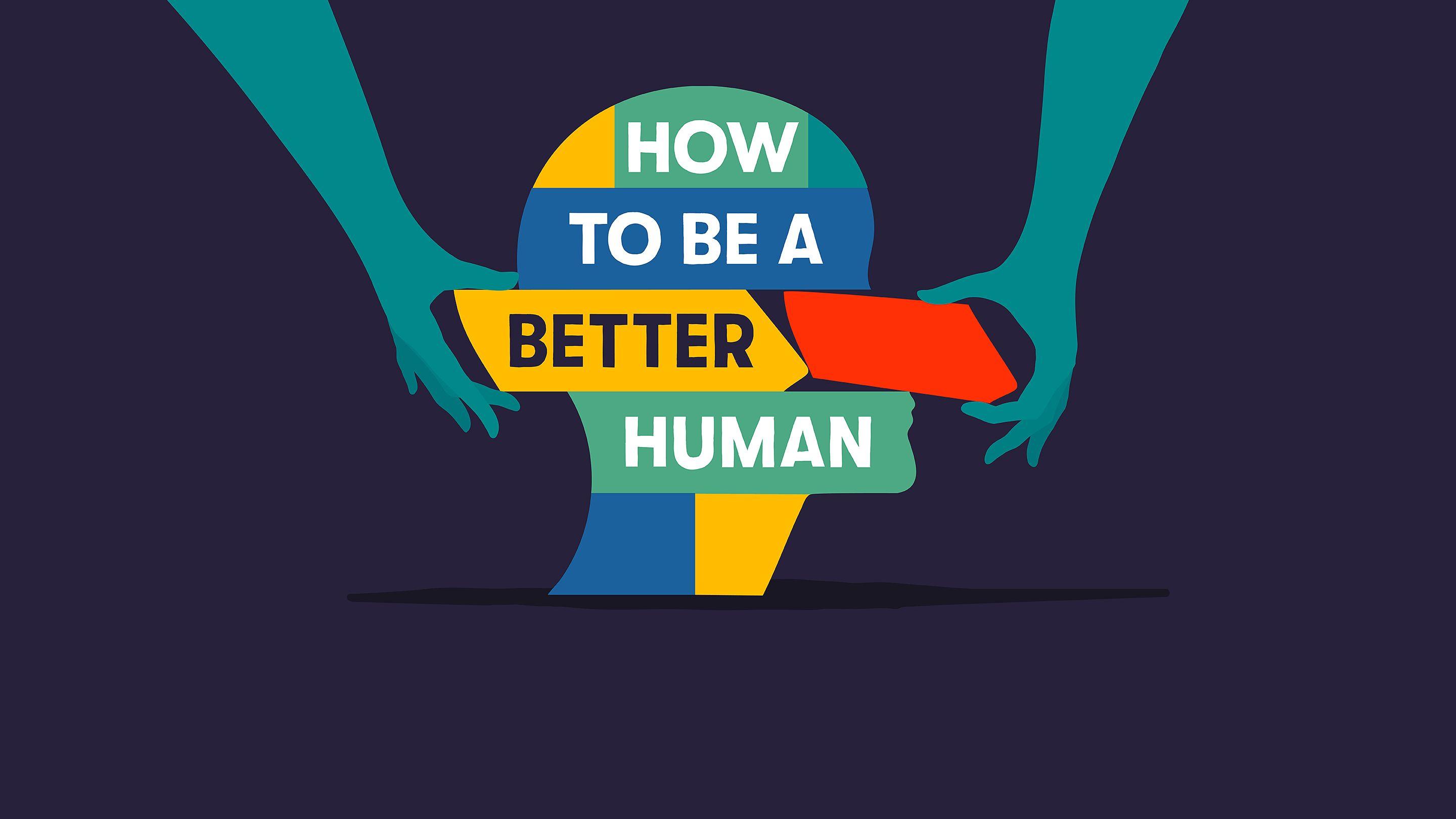
Sunday Pick: The meaning of embodiment w/ Prentis Hemphill | How to Be a Better Human

TED Talks Daily
Deep Dive
Why is understanding the connection between mind and body important?
Understanding this connection helps us be more emotionally present and aware of how physical states like hunger or lack of sleep affect our mood and behavior.
What is somatic work?
Somatics focuses on the body as the primary site of healing, emphasizing the importance of including bodily sensations and feelings in the healing process.
How does embodiment relate to emotional habits and social norms?
Embodiment involves practicing emotional habits and social norms to the point they become deeply entrenched, affecting how we interact with others and the world.
What role does breath play in somatic practices?
Breath is crucial in somatics as it allows feelings and content to move through the body, coordinating the brain, heart, and gut, and supporting overall bodily functions.
How can one start practicing embodiment if it feels difficult to access the body?
Start with simple practices like centering exercises to become aware of bodily sensations and emotions, gradually rebuilding trust in listening to and respecting your body's limits.
Why is collective healing important for addressing generational trauma?
Collective trauma requires collective healing; spaces where people can feel and heal together are essential, as individual healing alone cannot address the depth of such traumas.
How can practices like embodiment be protected from being co-opted or commercialized?
By emphasizing the deep, transformative work and community aspects of these practices, and by maintaining authenticity and honesty in their application and teaching.
- Our brains and bodies are fundamentally linked.
- Embodiment can enhance self-understanding and relationships.
- Prentis Hemphill's journey into somatics began with a desire to help people like themselves.
Shownotes Transcript
Each Sunday, TED shares an episode of another podcast we think you'll love, handpicked for you… by us. Our bodies and minds are deeply intertwined, yet we often overlook this vital connection in our daily lives. In this episode of How to Be a Better Human from the TED Audio Collective, host Chris Duffy welcomes therapist, somatics teacher, author, and founder of The Embodiment Institute, Prentis Hemphill. Prentis shares what it means to be fully present in your body -- and explains how cultivating a sense of embodiment can enhance your self-understanding, and your relationship with the world.
For more How to Be a Better Human, listen wherever you get your podcasts.